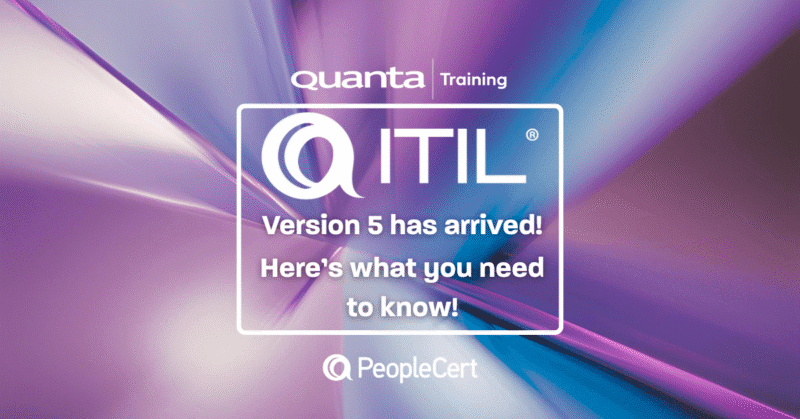No Upcoming Events
No upcoming Scheduled Courses. Contact us for information on booking a private course or join the waiting list for a public event.
Contact Us
Get Up to Speed with Object Oriented Techniques using Visual Studio

Descriptions
Who is this course for
.NET programmers who have basic language skills in VB or C# who which to develop their skills in object oriented programming, using the latest Microsoft development technologies. Those delegates working towards MCPD certification.
Purpose of the course
The content is focused on object and class creation, properties, methods, overloading, polymorphism, inheritance abstract classes, shared/static properties and methods, interfaces, events, delegates, and lists. The course highlights the differences between the previous versions of Visual Studio.
You will learn how to
Define Object Oriented Programming (OOP)Compare Structured and OO Programming
Understand the differences between Value and Reference types and the Heap and the Stack
Understand Data Aggregation and Data Hiding
Understand Encapsulation
Understand Constructors and Overloading
Override Methods (also known as Polymorphism, or Virtual Methods)
Understand the difference between overriding in Java and .NET
Understand the difference between Instance and Shared/static methods and properties
Declare and Raise your own Events and write your own Event Handlers
Understand the strengths/weaknesses of traditional arrays vs Lists, ArrayLists, Hashtables and Dictionaries
Understand the differences between an Interface and an Abstract Class
See where Interfaces fit in with Service Oriented Architecture (SOA)
Benefits for you as an individual
Whether you program in VB.NET, C#, Java, Ruby, Python, C++ or even JavaScript, you'll need to know the fundamentals of Object Oriented Programming. This course shows all the critical OOP features, allowing you to understand the structure of most of the code you'll bump into for the next few years. OOP is notoriously difficult to teach yourself, but this course makes it all seem easy. After this 3-day course, you will effortlessly incorporate classic OOP principals into all your future code.
Benefits for your organisation
OOP is not just popular, it's ubiquitous. Allowing your developers to grasp the OOP concepts will result in them producing code that is more reliable, scalable and, most importantly, maintainable. It will also result in happier developers!
Prerequisites
Before attending this course, it is recommended that delegates are able to manage a solution using the Visual Studio IDE and tools and have application programming experience with either VB or C#.Introduction to OO and .NET
- What is Object Oriented Programming?
- What is .NET?
- C# vs VB.NET
- What is the .NET Framework?
- Event-driven Programming
- Rapid Application Development
- Object Oriented Programming (OOP)
Programming With Objects
- Structured vs. Object Oriented Programming
- Encapsulation
- Creating Classes
- Instance Methods
- Creating Properties
- Instance Properties
- Data Abstraction
- Method Overloading
- Constructors
- Constructors and Overloading
- Partial Classes
Object Inheritance
- Inheritance
- Polymorphism and Virtual Methods
- Inheritance and Constructors
- Inheriting from System.Object
- Class Diagrams
- Abstract Classes, Methods and Properties
- Namespaces
- Class Libraries
- Shared/static Properties and Methods
- Initialising Shared/static Properties
- Access Specifiers
Events and Delegates
- The Event Publisher
- The Event Subscriber
- Handling Multiple Events
- Passing Arguments to Event Handlers
- Button Click Events
- Delegates
Lists
- Collections
- Traditional Arrays
- The List Class
- Associative Arrays
- The Dictionary Class
- Collections (Optional)
- The ArrayList Class
- The HashTable Class
- Summary of Different List Types
Interfaces
- What is an Interface?
- Creating a New Interface
- Interfaces, SOA and WCF Web Services
- Predefined Interfaces
- Implementing IComparable
Get Started
Forget trawling through endless course catalogues – Find the training that’s right for you
Learn MoreLatest News from Quanta
Quanta Achieves FTG Gold Partner Status
We’re thrilled to share that Quanta Training has been awarded FTG Gold Partner status at this year’s FTG (Forces Transition…
Read More
ITIL Version 5: Bringing Clarity, Confidence & Connection to the Digital Age
With the launch of ITIL Version 5, Quanta’s head of portfolio for IT Service Management and ITIL Master, Adam White-Bower…
Read More
KPMG Learning Services Award Winners!
Celebrating Success at the KPMG Supplier Awards On Tuesday 2nd December, Quanta attended the KPMG Supplier Awards Ceremony in London….
Read More



